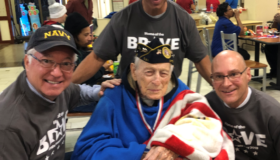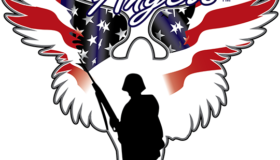Battle Buddies Beyond the Battlefield: The Value of Peer Support in Recovery
August 30, 2025
Peer support is a vital force in Veteran recovery. It offers connection, understanding, and hope where clinical services may fall short. Furthermore, it is a bridge between lived experience and professional care.
When we think of “battle buddies,” we often picture two Service Members standing shoulder to shoulder in combat, protecting one another through the chaos of war. But for many Veterans, the most profound battles begin after the uniform comes off. These include battles with trauma, addiction, grief, and isolation.
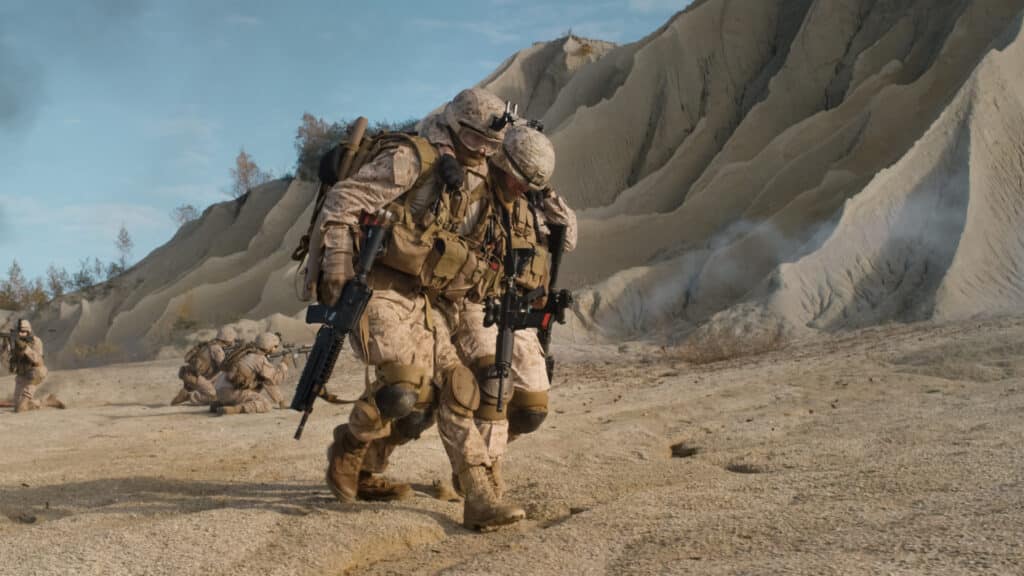
In moments of suffering, peer support becomes more than a concept. It becomes a lifeline. When fellow Veterans bond through shared experience, something magical happens. Peer support allows Veterans to serve as battle buddies beyond the battlefield by offering connection, understanding, and hope when it’s needed most.
Indeed, the road to healing can be a long journey. Why not travel the road alongside someone who knows the way?
What is Peer Support?
Peer support is the practice of an individual with lived experience who supports someone who is struggling with similar issues.
For instance, this could be someone who has experienced trauma, mental health difficulties, challenges due to disabilities, or substance use disorder. When a Veteran who truly “gets it” shares their experience, strength, and hope with another Veteran, it can be life changing for both people involved.
Unlike clinical care for conditions like PTSD, depression, or substance use disorder, peer support is rooted in mutual understanding.
It’s not about diagnosis or treatment; it’s about connection, trust, and the healing power of being seen and heard by someone who’s been there. It’s about sharing struggles and victories. It is about saying, “I got your six.”
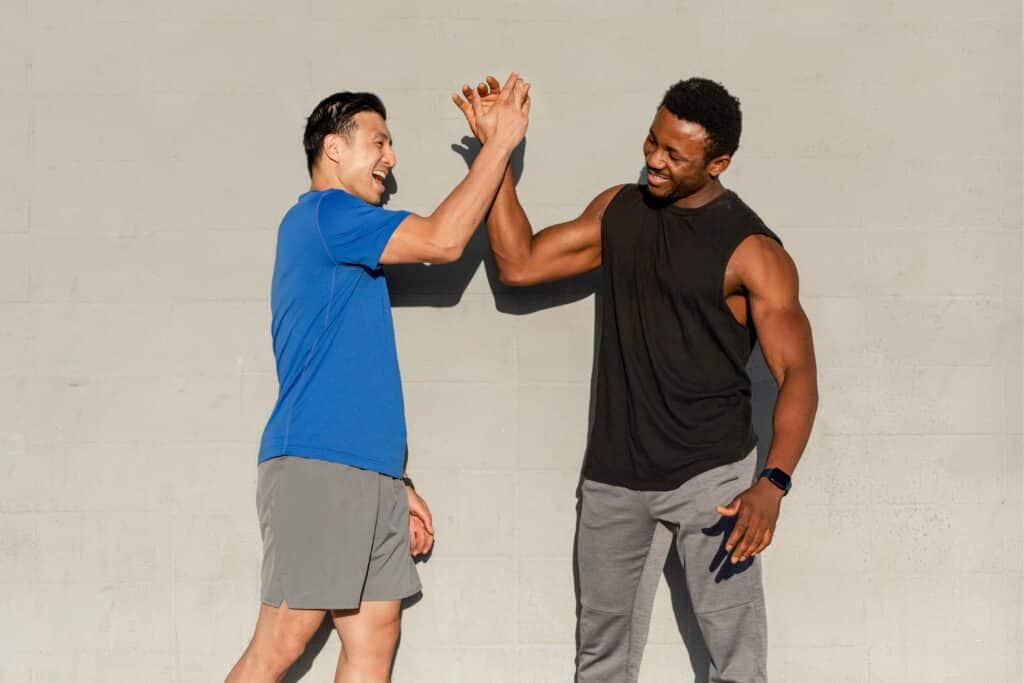
For Veterans in recovery, this kind of support creates safe spaces where vulnerability is met with empathy, and where stories of struggle are honored rather than judged.
Having The Courage to Be Seen
There are many ways in which a Veteran can provide informal peer support to another Veteran. This happens in programs like Alcoholics or Narcotics Anonymous, SMART Recovery, Celebrate Recovery, or through informal check-ins and casual conversations. It also happens in a more formal setting with a certified Peer Support Specialist. These interactions often provide comfort, validation, and encouragement.
It isn’t easy to open up about your struggles, your past, and your pain—especially for Veterans who’ve been trained to stay strong, push through, and “embrace the suck.” When you share your true self with someone else, it feels uncomfortable and risky.
Nevertheless, vulnerability becomes a bridge to healing in a peer-to-peer relationship. When you speak your truth to someone who understands, the weight begins to lift. You realize you’re not alone. You begin to reclaim your story — not as something to hide, but as something that can help others and guide your own recovery.
Letting yourself be seen is an act of courage. And in peer support, it’s also an act of connection, growth, and hope.
The Role of a Peer Support Specialist
While peer support often happens in informal, non-clinical settings, there is also a more formal path for Veterans who wish to turn their lived experience into a professional calling.
Specifically, a Peer Support Specialist is a trained and certified individual who uses their personal journey with mental health or substance use recovery to support others in similar situations.
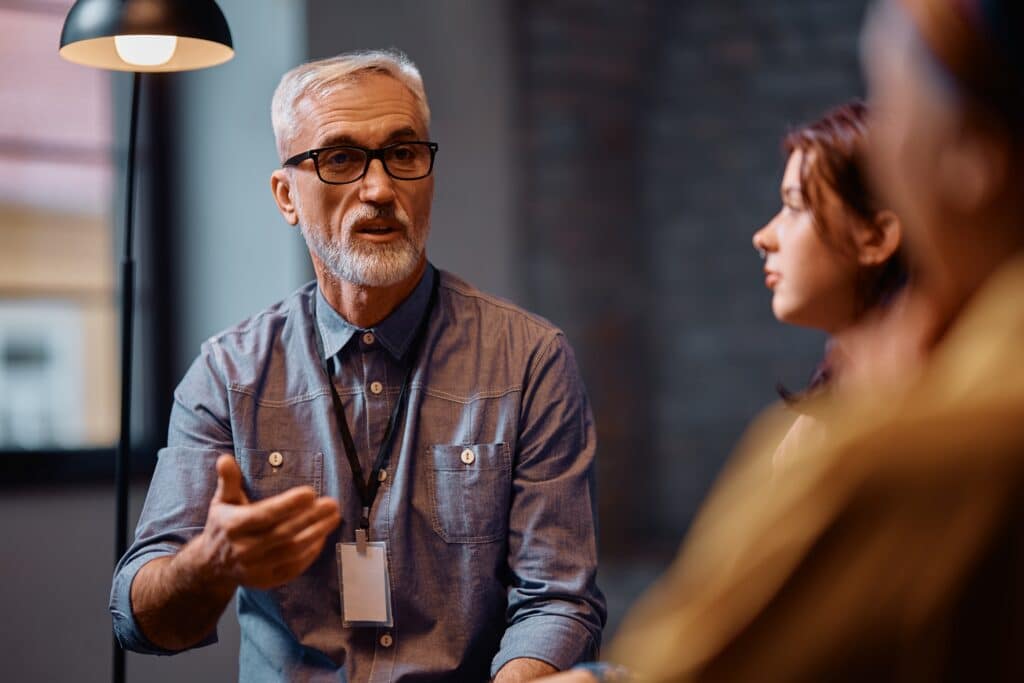
Peer Support Specialists serve as mentors, advocates, and role models within clinical or community-based settings such as VA hospitals, inpatient and outpatient programs, or nonprofit organizations.
They help fellow Veterans set goals, access resources, build coping strategies, and stay engaged in the recovery process. Most importantly, they offer hope through shared experience, demonstrating that healing is not only possible, but sustainable.
The Benefits of Peer Support
Peer support offers Veterans more than just conversation — it provides a foundation for healing.
Key benefits of peer support include:
- Increased sense of belonging: Veterans often feel isolated after service; peer support fosters connection and community.
- Reduced stigma around mental health and addiction: Hearing “I’ve been there” from a fellow Veteran helps normalize seeking help.
- Improved engagement in treatment and recovery: Peer support encourages follow-through with clinical care and personal goals.
- Empowerment through shared experience: Veterans gain confidence by learning from others who have overcome similar challenges.
- Enhanced coping strategies and emotional regulation: Peer mentors model healthy behaviors and offer practical tools.
- Hope and motivation for the future: Seeing someone further along in recovery can inspire belief in one’s own healing journey.
Peer support doesn’t replace professional care — it strengthens it. By walking alongside one another, Veterans build a recovery community rooted in trust, empathy, and shared strength.
The VA Now Recognizes the Value of Peer Support
In recent years, the Veterans Health Administration (VHA) has embraced peer support as a vital component of recovery-oriented care. Because it consistently improves outcomes, and reduces stigma, the VA now employs more than 1,100 Peer Support Specialists across the country — and that number continues to grow.
These Peer Support Specialists are Veterans who bring firsthand experience with recovery, mental health challenges, and military service. Their presence offers a unique and trusted perspective that complements clinical care and reinforces the message that healing is possible.
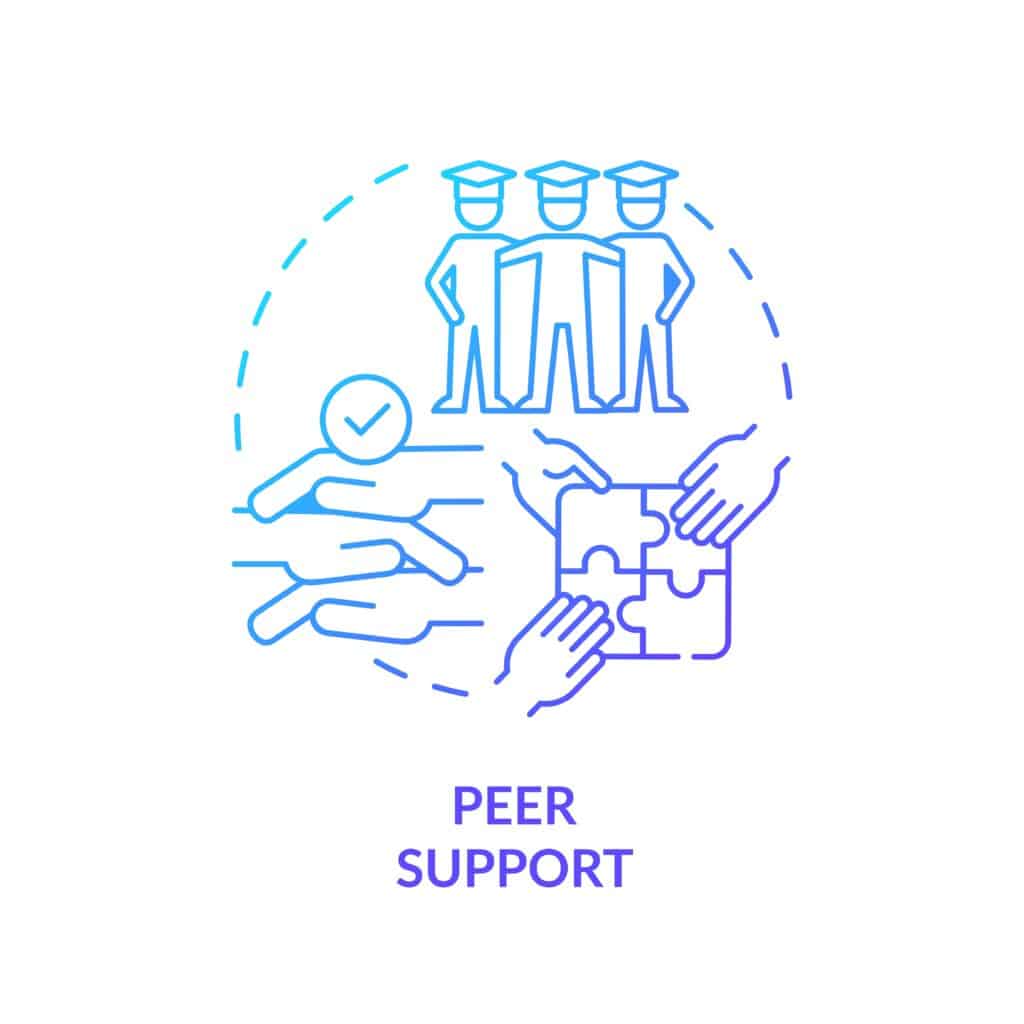
Peer Support Specialists are integrated into a wide range of VA programs. For example, they serve in inpatient and outpatient mental health settings, substance use disorder treatment programs, homeless Veteran outreach, primary care teams focused on whole health, and even justice-involved Veteran initiatives.
By embedding peer support into these diverse services, the VA ensures that Veterans receive compassionate, relatable guidance from someone who truly understands their journey.
Resources Available to Receive Peer Support
If you are a Veteran seeking connection, healing, or guidance through peer support, there are several trusted avenues available to you. Whether you’re navigating recovery, adjusting to civilian life, or simply looking for someone who understands, these resources offer compassionate, confidential support from those who’ve walked a similar path:
• VA Peer Support Services
Many VA medical centers offer peer support programs led by certified Veterans who use their lived experience to empower others. Ask your local VA about seeing a Peer Support Specialist.
• Vets4Warriors
This is a 24/7 confidential peer support network staffed entirely by Veterans and military family members. You can connect by phone, chat, or email with someone who understands military life and is trained to listen and support.
• Vet Centers
Community-based counseling centers that offer peer support, group therapy, and outreach services for combat Veterans and their families. No enrollment in VA healthcare is required. Find a Vet Center near you
• Nonprofit Recovery Communities
Organizations like Celebrate Recovery, SMART Recovery, and Narcotics Anonymous often include Veteran-specific groups or peer-led meetings where shared experience fosters healing and accountability.
• Online Peer Support Platforms
Virtual communities such as Together We Served, Reddit’s r/Veterans, and Veteran peer support Facebook groups can offer connection and encouragement, especially for those in remote areas or with mobility challenges.
• Local Veteran Service Organizations
Groups like American Legion, Disabled American Veterans (DAV), and Team RWB often host peer-led events, wellness activities, and mentorship opportunities that build camaraderie and resilience.
Traveling the Healing Journey with Someone Who Understands
Recovery doesn’t have to be a solo mission.
Whether you decide to seek the services of a certified Peer Support Specialist or a trusted fellow Veteran, finding someone who truly understands your journey can make all the difference if you’re struggling.
For Veterans facing mental health challenges, substance use, or the weight of invisible wounds, opening up may feel uncomfortable — even impossible. Nevertheless, healing begins when we allow ourselves to be honest, vulnerable, and seen.
About the Author

Bethany Heinesh is a proud Marine Corps Veteran living in San Antonio, Texas. Bethany holds a Master of Arts in Administration-Communication Arts from the University of the Incarnate Word and a B.A. in Public Relations (Minor Religious Studies) from the University of Houston.

